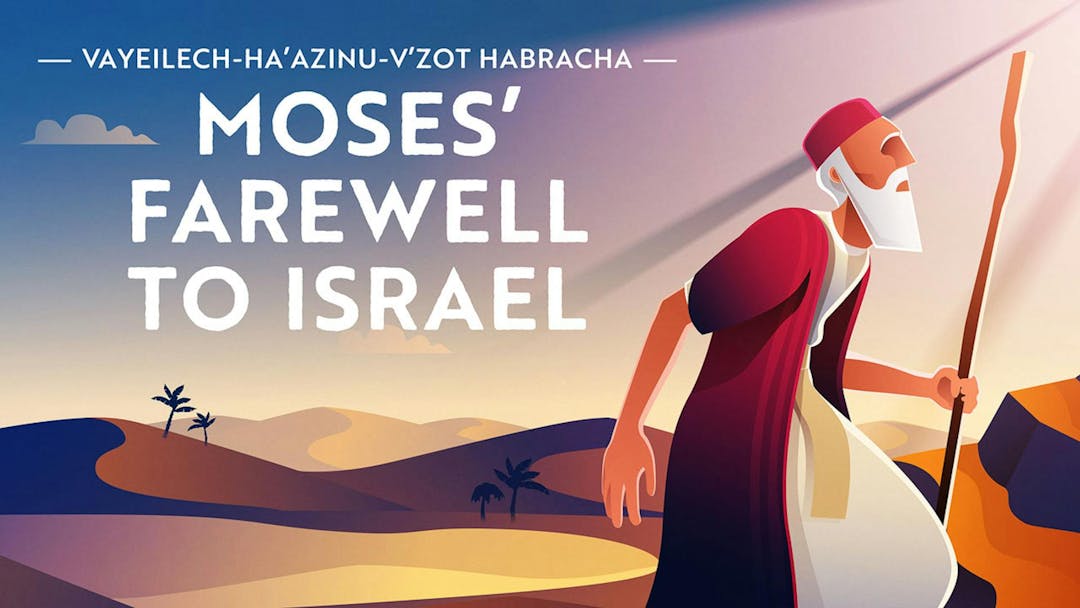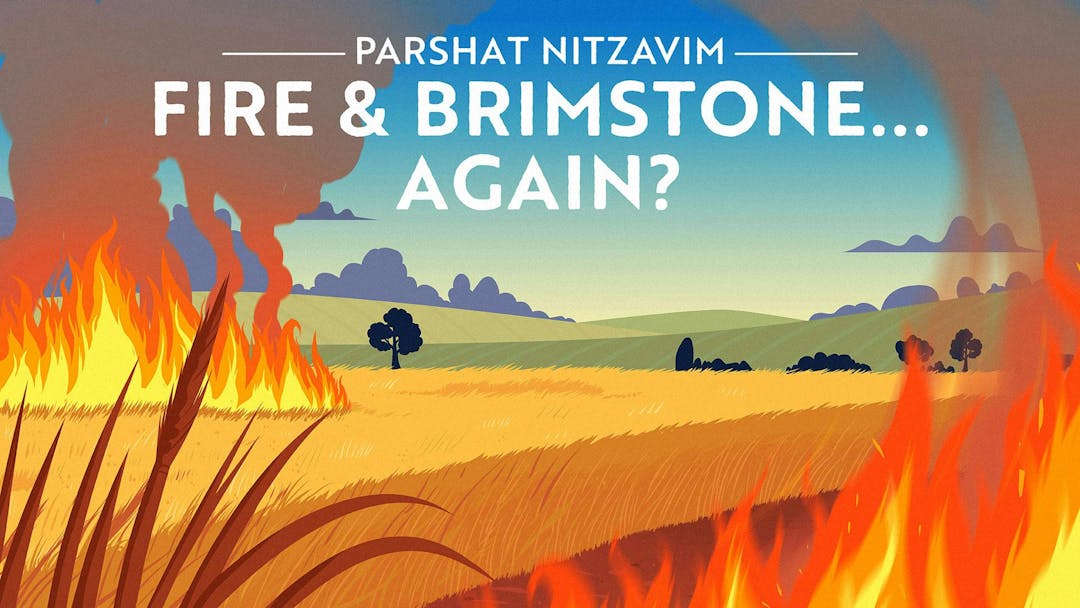Start your free trial today to unlock the full library and enjoy unlimited and uninterrupted access.
Get StartedLooking Towards The Future: Part I (Part 1 of 3)
Shirat Ha'azinu: The Song Of Moses
In this video, the first of a three-part series, we ask about God's odd prophecy to Moses at the end of the Torah. As Moses is about to die, why does God tell him about how the Israelites will ruin everything? Rabbi Fohrman hints that Moses has the power to help us get out of a vicious cycle, which we explore further in the next video.
What is Aleph Beta?
Aleph Beta is a unique kind of Torah library. Led by our founder, Rabbi David Fohrman, we are dedicated to high-level, textual Torah learning for adults that is intellectually and spiritually sophisticated, that enlivens your Jewish practice and helps you forge a deeper connection to God. Whether you’ve been learning in yeshiva for years or you’re just beginning your Torah journey, you’re sure to find something meaningful and surprising waiting for you here.
Browse our library of over 1,000 beautifully produced animated videos, podcasts, deep dive courses, and printable guides. Topics include the weekly parsha, Jewish holidays & fast days, laws & mitzvot, prayers, relationships, big philosophical ideas and more. Have something to say at the Shabbos table that will amaze your family and guests and bring deep meaning into their lives.











